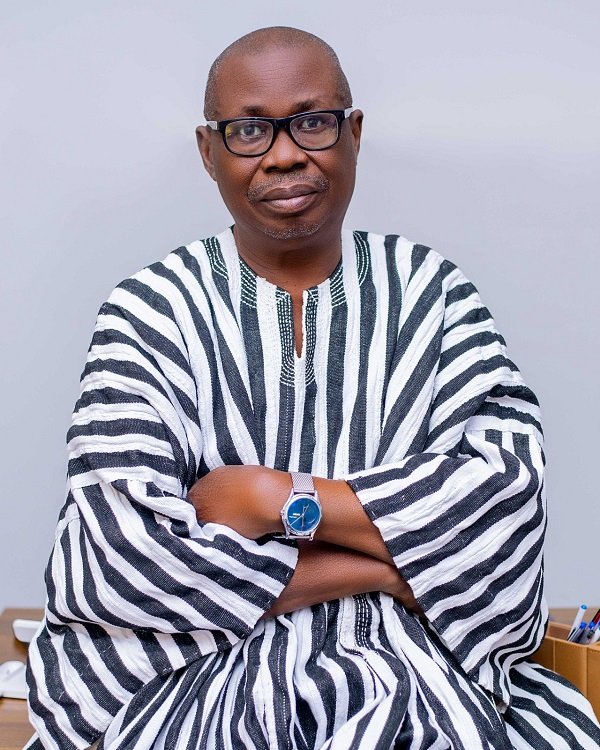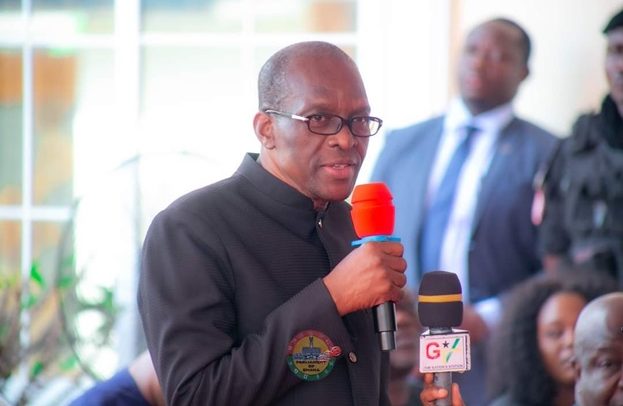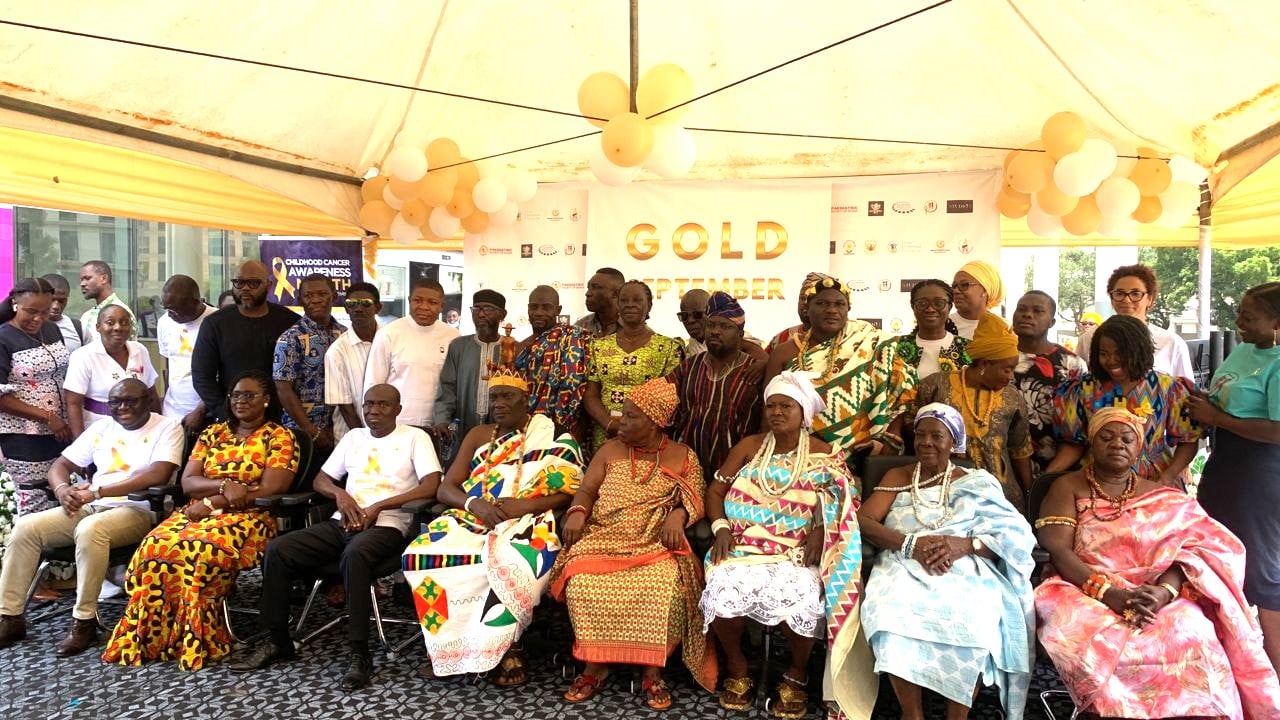
By Amidatu KASSIM
Not long ago in Accra, I met a young software developer who was building a health app late into the night. He had energy, vision, and a clear sense of the problem he wanted to solve.
What he lacked was support: no mentor to call, no clear funding path, and no safety net if things failed. His story is inspiring, but it is also troubling. Africa’s youth are working tirelessly to build the future. The question is: who is building them?
Africa has the youngest population in the world. This should be our greatest asset. In Ghana, I have seen young people launch companies, create digital tools, and form social enterprises that respond directly to the needs of their communities.
Through my work at MEST Africa, I have mentored more than 20 startups. From Chestify AI, which applies technology to healthcare, to Nnoboa, which supports farmers through collective action, I have witnessed the resourcefulness of young Africans first-hand.
Yet, while the talent is there, the scaffolding around it is weak. We praise youth entrepreneurship at conferences and on social media, but too many of these ventures fail quietly. They do not collapse because the founders lacked drive or ideas. They collapse because the ecosystem has not invested enough in the people behind them.
The Gaps We Ignore
The missing links are clear. Young founders lack consistent mentorship. They struggle to access networks that connect them to investors and markets. Many have education that equips them for exams rather than for the messy realities of running a business.
In addition, almost no one talks about the mental strain of being a young entrepreneur in economies where failure comes with stigma rather than support.
We cannot keep romanticizing the hustle without recognizing its fragility. If we expect youth to build the future, we must be honest about the foundations we are failing to lay.
What It Means to “Build” Youth
Real investment is not just about funding startups; it is about investing in young people themselves. Mentorship must become a norm, not a luxury. Skills training must be practical and continuous, not one-off workshops. In addition, opportunities must connect youth to both local and global markets, so they can scale ideas instead of watching them die in infancy. Some progress is visible.
Accelerators and incubators provide training and networks. International organizations sometimes create space for African startups to enter global conversations. However, these efforts are scattered and too often short-term. A Bootcamp does not make a builder. Long-term commitment does.
Who Must Step Up?
It is time to stop treating Africa’s youth as a convenient talking point. Governments must move beyond slogans about job creation and youth empowerment. Words do not put food on the table or skills in the hands of young people. What matters is concrete policy that reforms education, strengthens vocational pathways, and ensures that youth initiatives are not just launched with fanfare but funded, monitored, and sustained.
The private sector must also change its mindset. Young people are not simply consumers to be marketed to or cheap labor to be exploited. They are innovators, builders, and potential partners. Businesses that take them seriously will create pipelines for internships, mentorship, and collaboration – not as charity, but as smart investment in their own future markets.
International organizations must do better as well. Too many projects are designed for donor visibility rather than long-term impact. Africa does not need more branding exercises. It needs equitable partnerships that prioritize capacity-building and transfer of knowledge so that young people can stand on their own long after the projects end. If these groups take their responsibilities seriously, Africa’s so-called “youth bulge” will not be a burden or a cliché. It will be the greatest driver of transformation the continent has ever seen.
The Stakes
I think back to that developer in Accra. Imagine if he had one seasoned mentor guiding him, a modest grant to keep his project alive, and access to networks that could introduce him to hospitals and investors. His idea could save lives, create jobs, and inspire others. Multiply that scenario by millions of young Africans, and you begin to see the potential we are leaving untapped.
Africa’s youth are already building the future. The danger is that we celebrate their energy without building their capacity. The opportunity is that we can change course now. Investing in their skills, networks, and wellbeing is not charity; it is survival strategy.
Because if Africa fails to build its youth, the future they are trying so hard to create may never arrive.
Amidatu Kassim mentors startups and builds bridges between international organizations and African entrepreneurs. Currently Programs Consultant at MEST Africa, she has supervised 20 startups including Chestify AI and Nnoboa. With a Business Administration background and MSc in Project Management & Community Development in progress, she writes about startup strategy, international partnerships, and tech for social impact in Ghana’s evolving ecosystem.
The post Africa’s youth are building tomorrow, who is building them? appeared first on The Business & Financial Times.
Read Full Story















Facebook
Twitter
Pinterest
Instagram
Google+
YouTube
LinkedIn
RSS